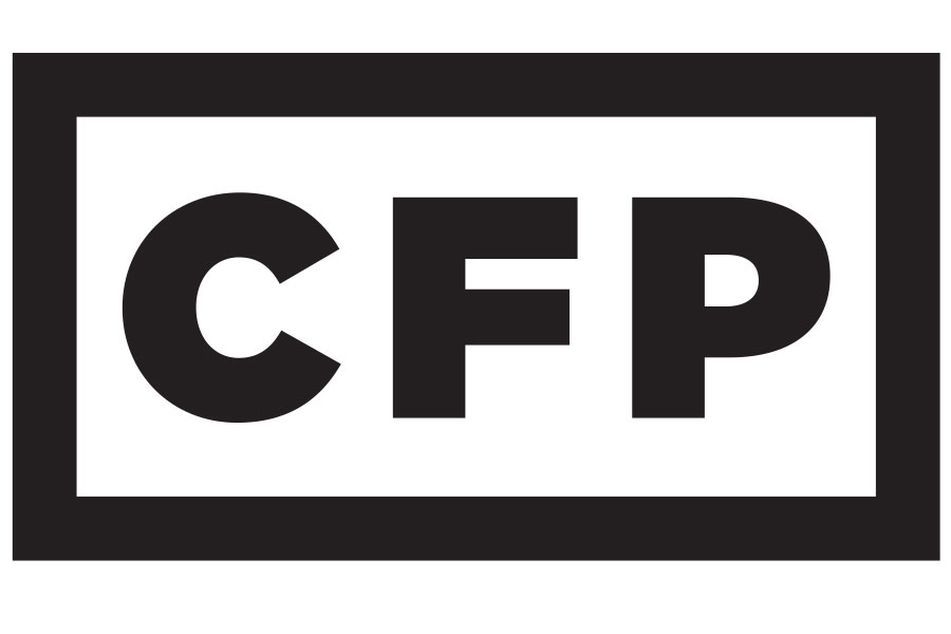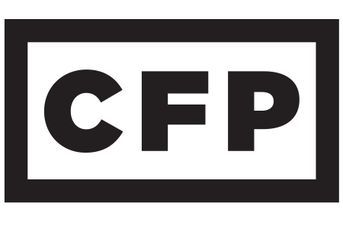CFP Board defends its enforcement program

The group disagrees with some of the Wall Street Journal's criticisms, but also notes steps it has taken to improve its disclosures.
CFP Board is at the forefront of advancing the financial planning profession with its certified financial planner certification and its enforcement program. However, recent articles from The Wall Street Journal have presented an unfair and incomplete evaluation of CFP Board’s enforcement program.
While the publication raised important issues of enforcement in the financial planning profession, it failed to provide critical context. The article downplayed, and in some cases entirely omitted, the significant enforcement work CFP Board has had underway for years.
To understand where CFP Board is headed, we also need to understand the important public service that CFP Board already has fulfilled.
Looking back to move forward
A dozen years ago, CFP Board’s Disciplinary and Ethics Commission, the body that metes out discipline for CFP professionals, was completely restructured to separate the roles and responsibilities of commissioners and CFP Board staff. Today the DEC includes members of the public as well as CFP professionals who are committed to ensuring a fair — but tough — process. The public members provide an important perspective that supplements the peer review provided by the DEC’s CFP professionals.
These important changes created a solid foundation for our modern-day enforcement program, which investigates and adjudicates cases of alleged misconduct by CFP professionals.
Our enforcement program is active and busy. Incidents brought before CFP Board are investigated by staff, with serious matters adjudicated by the DEC.
In each of the past three years, we conducted an average of 6,900 background checks for candidates for CFP certification, CFP professionals and those seeking to reinstate their certification. Over the last 10 years, CFP Board opened ethics investigations into the conduct of 7,392 individuals. And it has taken more than 1,000 public enforcement actions against CFP professionals in its 30-year-plus history, with each public disciplinary action announced in a press release.
We are proud of this work, especially given that CFP Board has accomplished all this without the support of government funding, the ability to require financial services firms to provide documents or information, or subpoena power.
CFP Board’s standards extend beyond ethics. They apply to financial planning competency, as evidenced by our education and experience requirements and the stringent CFP certification examination.
It is both our ethical and competency standards that give meaning to CFP certification, making it a preeminent financial services certification for the public, advisers and their firms. I am not aware of another certification or designation in the financial services industry that requires a higher level of competency, ethics and professionalism or has a stronger enforcement program than CFP Board’s CFP certification.
[Recommended video: Advisers demanding help to improve the client experience]
Strengthening enforcement even further
While CFP Board disagrees with several main points in The Wall Street Journal articles, we acknowledge opportunities to continue to expand upon our existing enforcement processes. CFP Board already has taken important steps that will add value to the certification, including:
• Providing consumers with access to BrokerCheck and IAPD information on LetsMakeaPlan.org and CFP.net/verify;
• Relying less on self-disclosure by CFP professionals; and
• Reviewing data from the Financial Industry Regulatory Authority Inc.’s BrokerCheck and the Securities and Exchange Commission’s IAPD each time a CFP professional renews their certification.
As CFP Board’s new code and standards take effect on Oct. 1, we will continue to evolve our enforcement efforts to support the standards we’re setting for the benefit of the public. We have reached out to other organizations, such as FINRA and the National Academy of Elder Law Attorneys, to cooperate on enforcement activity.
We also have established an independent task force to examine our existing enforcement program and make actionable recommendations for improvement. Chaired by Denise Voigt Crawford, a securities consultant and expert who previously served as the Texas Securities Commissioner for 17 years, the task force will have full authority in appointing members and will make its recommendations public.
The new code and standards and this independent task force come at a time when the advisory landscape is evolving to better serve Americans’ financial needs. The future of financial advice requires a financial planning profession that is willing to set high competency and ethical standards and uphold them with stronger, ever-improving processes for enforcement.
Make no mistake: CFP Board is committed to continuously improving to give consumers the lasting confidence that comes from receiving competent, ethical financial planning. Our code and standards are one step in the process; our commitment to continuously improving enforcement is the critical next step.
Susan M. John is chair of the board of directors of the Certified Financial Planner Board of Standards Inc. and managing director at F.L.Putnam.
Learn more about reprints and licensing for this article.




